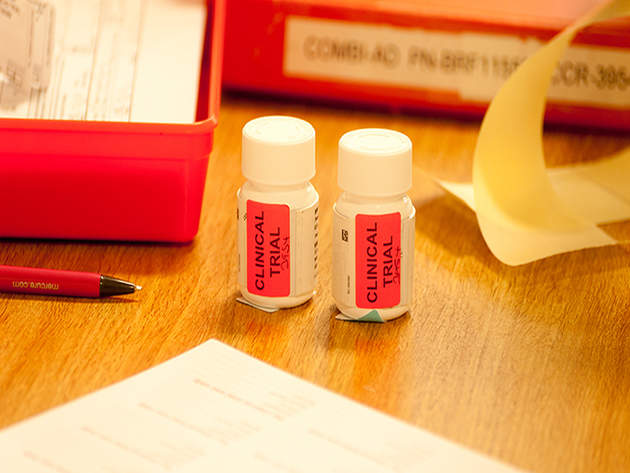

An early clinical trial of a new targeted treatment called ONX-0801 has demonstrated a positive outcome in ovarian cancer patients.

Discover B2B Marketing That Performs
Combine business intelligence and editorial excellence to reach engaged professionals across 36 leading media platforms.
The trial is part of a bigger Phase I trial conducted by the Institute of Cancer Research (ICR), London and The Royal Marsden NHS Foundation Trust, UK.
Discovered at the ICR, ONX-0801 acts by mimicking the action of folic acid to enter cancer cells.
The drug then blocks the thymidylate synthase molecule and destroys the cells by causing irreparable damage to the DNA.
The findings showed that the ovarian cancer drug shrunk the tumours in seven of the total 15 patients, while seven of ten women who had tumours with the particular molecular target for the drug were reported to show comparatively better results.

US Tariffs are shifting - will you react or anticipate?
Don’t let policy changes catch you off guard. Stay proactive with real-time data and expert analysis.
By GlobalDataDuring the trial, the drug did not have any usual chemotherapy side-effects such as infections, diarrhoea, nerve damage or hair loss, as it specifically targeted alpha-folate receptors present in the cancer cells.
ICR chief executive Prof Paul Workman said: “ONX-0801 is the latest in a long line of precision cancer medicines to have been discovered here at the ICR – 20 since 2005 alone.
“The drug works in a particularly clever way by mimicking the effects of folic acid to hit cancer cells selectively while leaving healthy tissue alone.
“It looks a highly promising treatment with the potential to have huge benefits for women with ovarian cancer, and I’m very keen to see it progress to later-stage trials.”
Tests to detect tumours carrying high levels of the alpha-folate receptor were also identified to recognise patients who could benefit from the treatment.
Performed in partnership with Onyx Pharmaceuticals, the trial was funded by healthcare firm BTG and going forward, the drug will be called BTG945.
Image: Dispensing medicines for a clinical trial. Photo: courtesy of Jan Chlebik/ICR.





